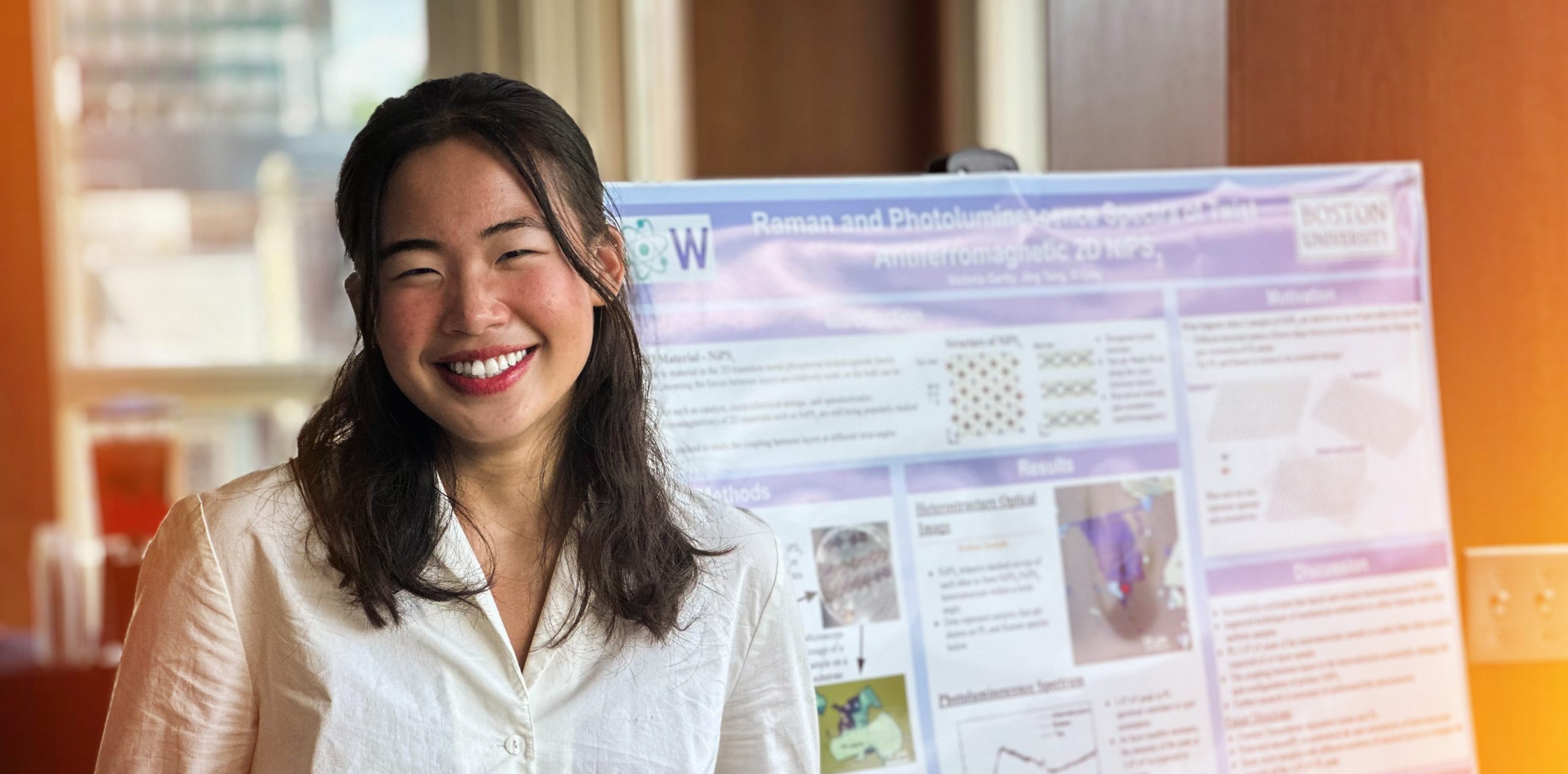
Programs
AI4All
AI4All is a three-week summer program focused on Artificial Intelligence (AI) for young women who are currently sophomores or juniors in high school. Participants will explore topics in AI such as robotics, computer vision, and natural language processing through team projects, industry field trips, and presentations from guest speakers. The program will conclude with a small group research project and a presentation for friends and family.
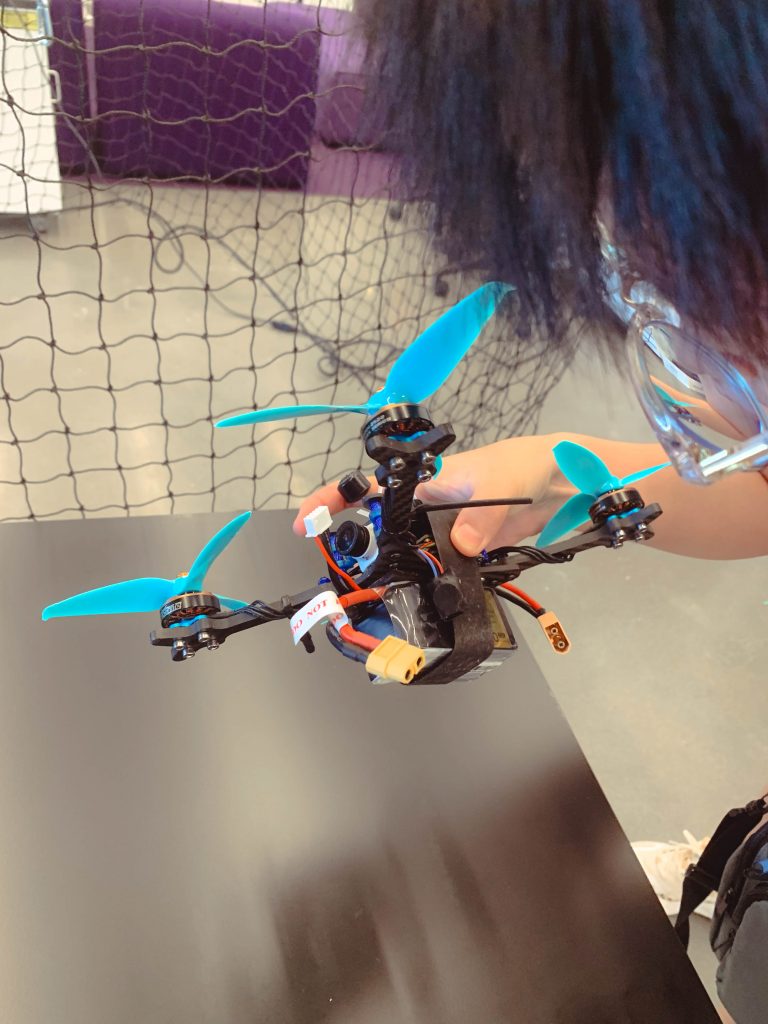
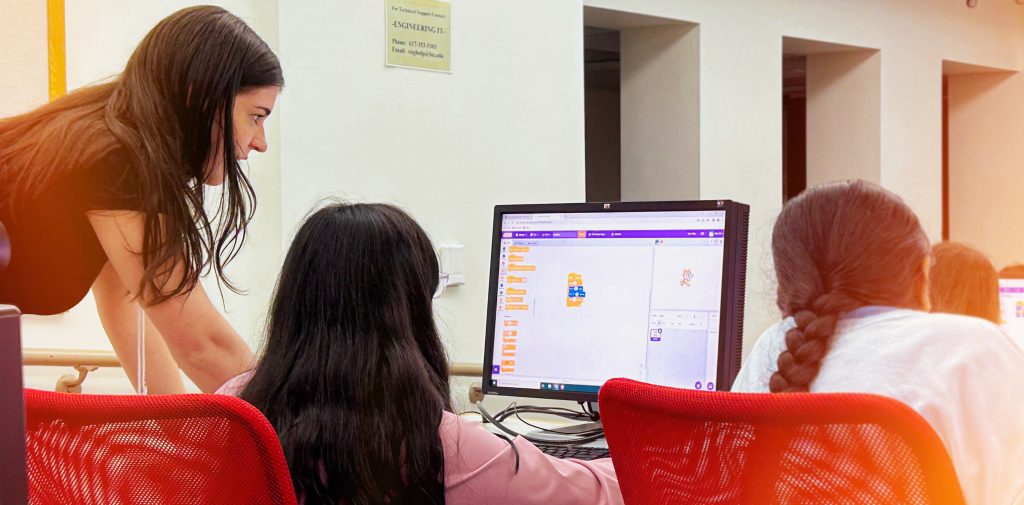
Artemis
Artemis is a five-week summer program for rising 9th grade girls focused on computer science. Participants learn computer languages such as Scratch, AppInventor, HTML, CSS, and Python. They also are introduced to robotics, cryptography, artificial intelligence, and circuits. In addition, they learn how computer science is applied in the real world by hearing from guest speakers and going on field trips. BU undergraduate students lead the program.
GROW
(Greater Boston Research Opportunities for Young Women) is a six-week paid internship for young women in high school who are seriously interested in STEM careers. Participants will earn a stipend of $1500 working in a BU research lab. Students will be placed in a biology or chemistry lab and participate in cutting edge research in a collaborative group session. Participants will also visit a local pharmaceutical or biotech company, learn about careers in STEM fields, and present their findings at a research symposium.
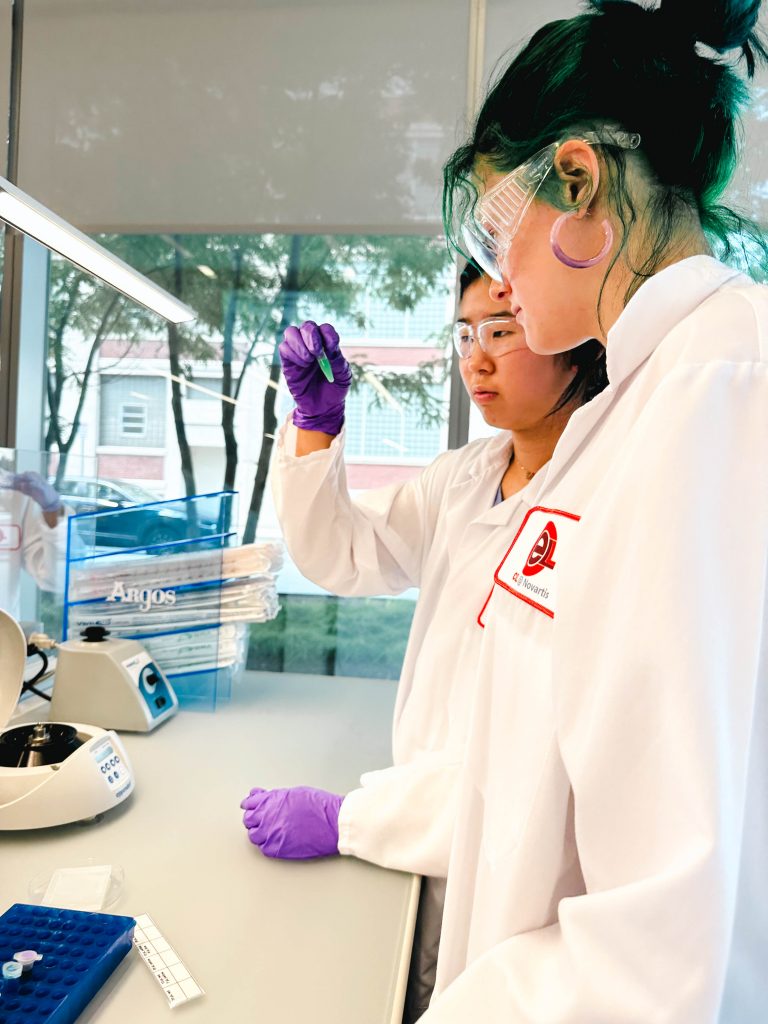
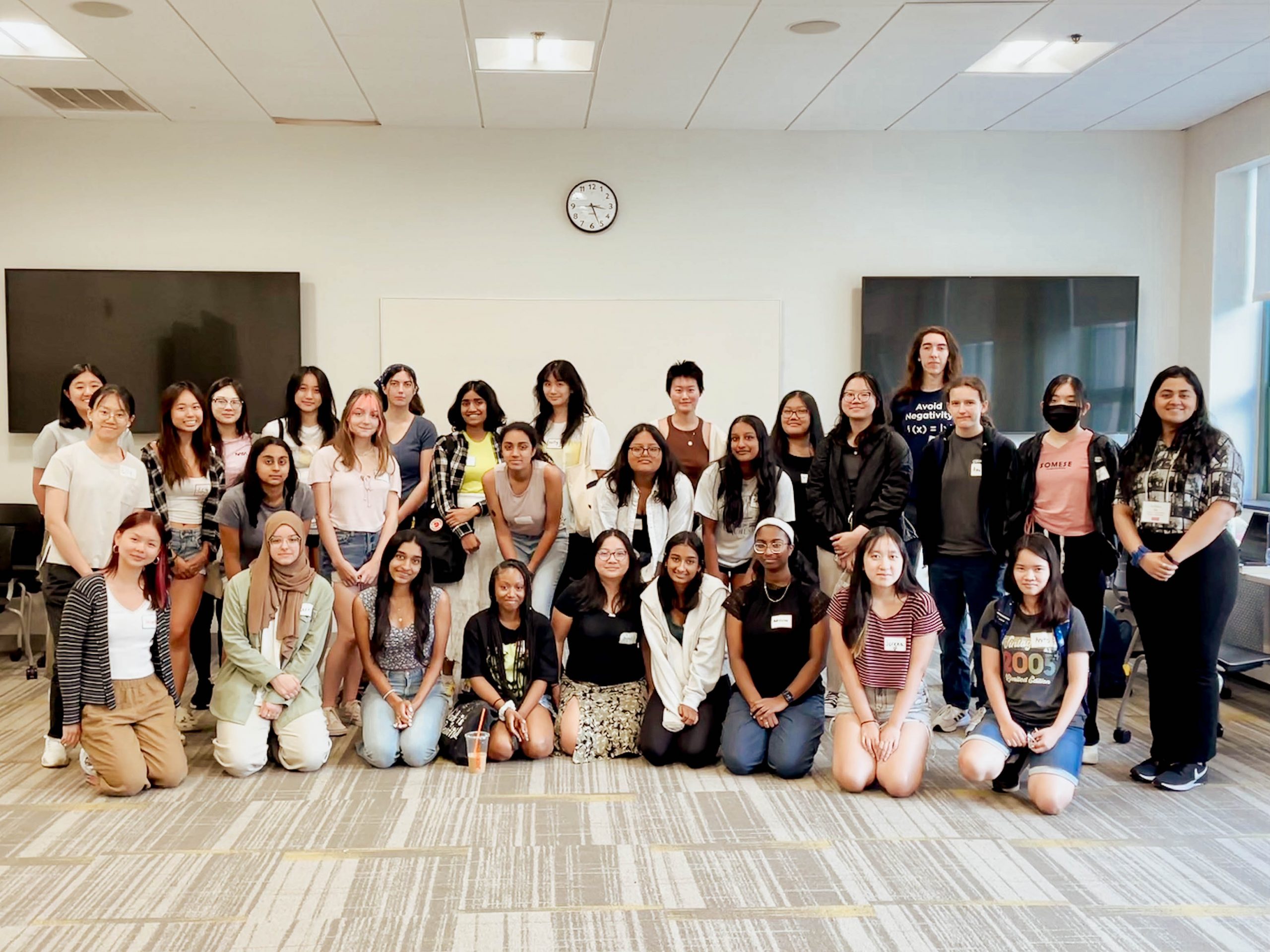
More Resources
For more resources outside of the LERNet network please check out the following pages!